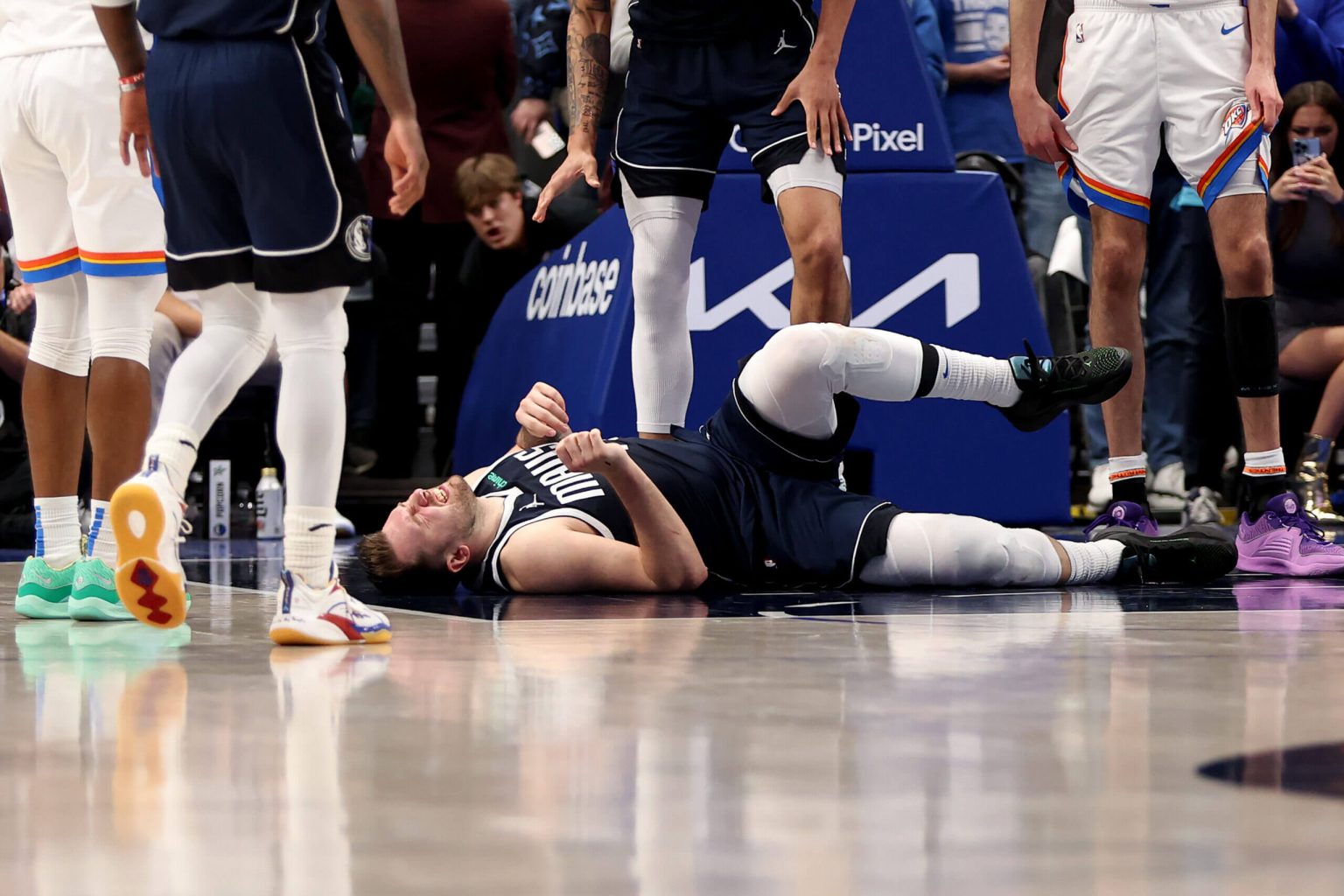In a recent NBA game between the Oklahoma City Thunder and the Dallas Mavericks, the ending was anticlimactic as the Thunder intentionally fouled to secure the win. This highlights a common issue in the NBA where late-game fouling leads to a less exciting end to the game. The league has implemented rules to address the length of end-of-game situations, but there is still a need for further changes to prevent teams from intentionally fouling to secure a win. This article proposes two new rules to discourage teams from fouling in certain situations, with the aim of creating more exciting finishes to games.
One proposed rule suggests that if a team is winning by three points or more and fouls its opponent beyond the 3-point arc, the opponent would get three free throws. This rule would give the trailing team a chance to tie the game from the free-throw line, potentially leading to more dramatic finishes. Another proposed rule suggests that in the same scenario, the trailing team would receive an automatic free throw and possession of the ball. This rule would encourage teams to play defense rather than relying on intentional fouls to secure a win.
The current rules regarding late-game fouling incentivize teams to prioritize fouls over playing defense, which goes against the spirit of the game. Teams may also attempt to bait referees into calling fouls with unnatural shot attempts, leading to a less authentic end to the game. Furthermore, the current rules can result in situations where players are encouraged to miss free throws intentionally in order to generate additional scoring opportunities. These scenarios detract from the excitement and integrity of the game.
While implementing new rules to discourage intentional fouling may have unintended consequences, it is important to find a balance that ensures fair and exciting finishes to games. The goal is to create memorable moments for fans, similar to buzzer-beating shots, rather than relying on strategic fouling to secure wins. By addressing the issue of intentional fouls and promoting fair play in late-game situations, the NBA can enhance the overall viewing experience for fans and players alike.
Ultimately, changes to the rules surrounding late-game fouling could lead to more competitive and thrilling finishes to NBA games. By discouraging teams from relying on intentional fouls to secure wins, the league can promote a more authentic and fair playing environment. While there may be challenges in implementing new rules, the potential benefits of creating more exciting endings to games are worth exploring. Fans, players, and the league as a whole would benefit from a shift towards a more engaging and competitive style of play in crucial moments.


